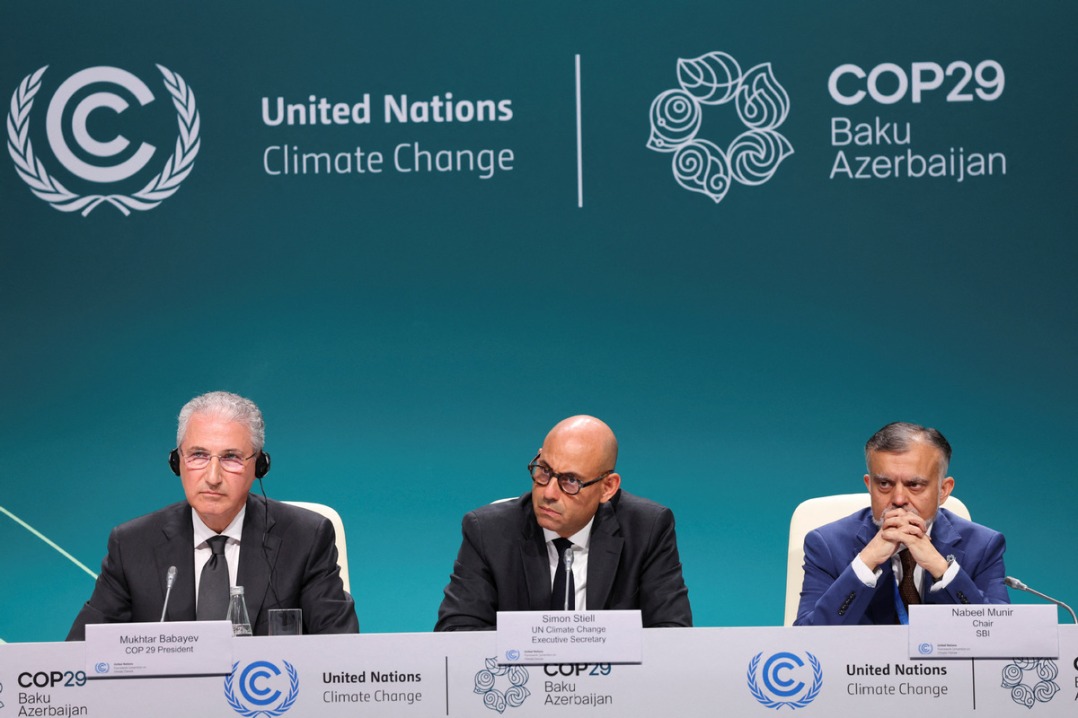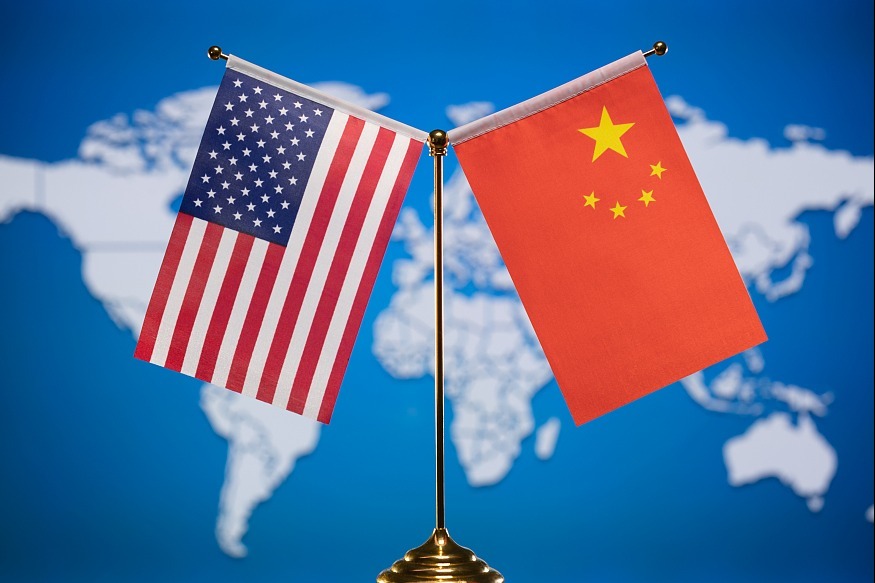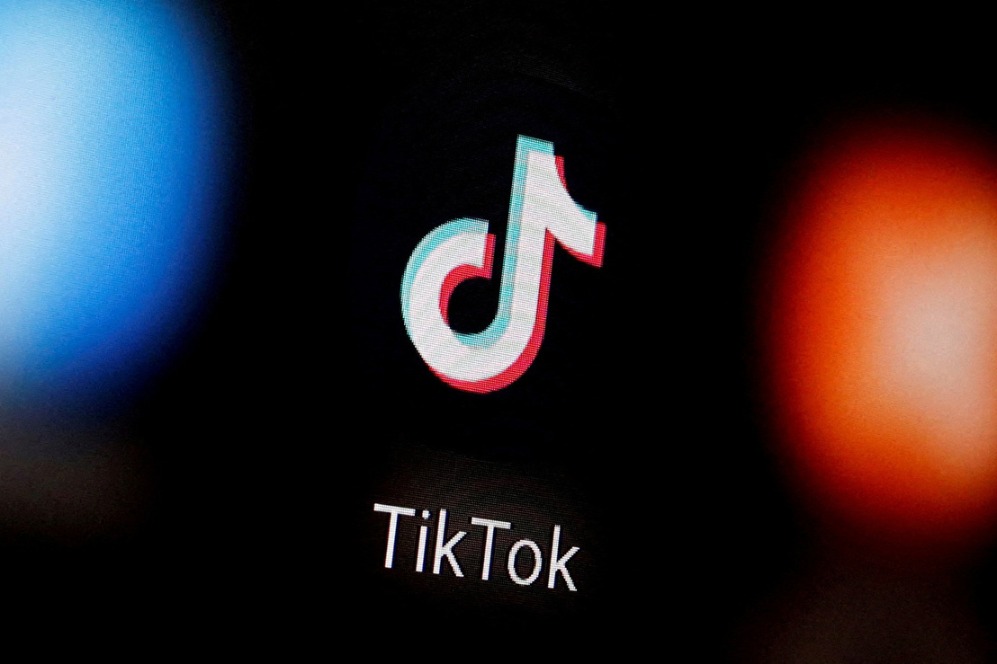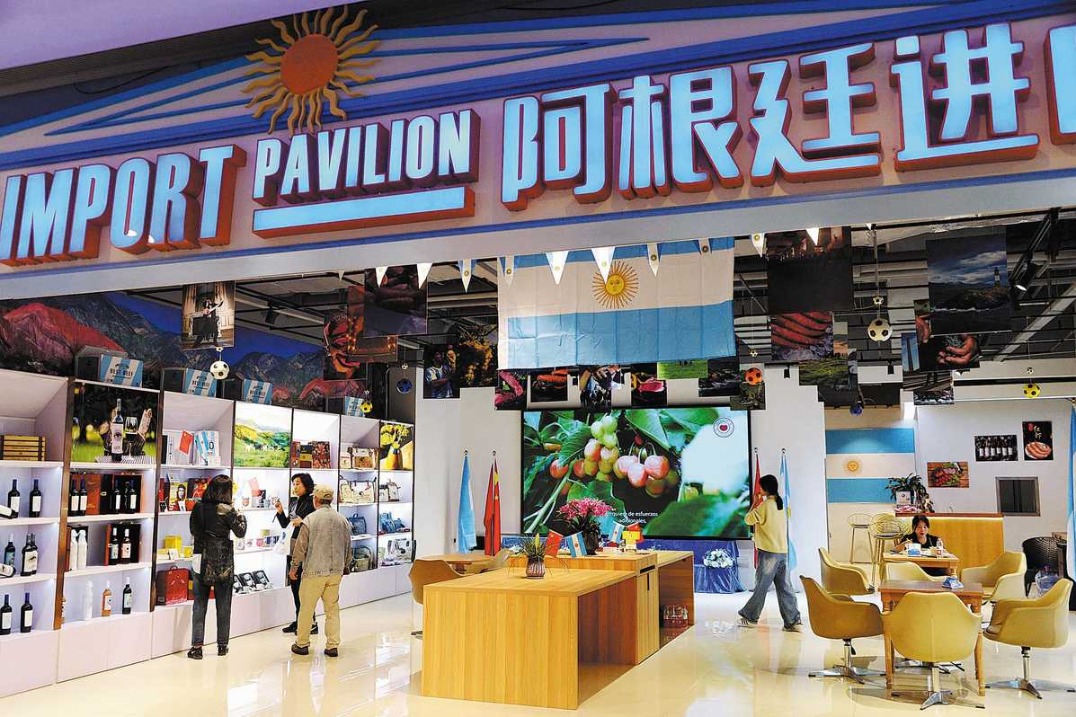Sino-US relationship key to global progress

Donald Trump's impending return to the White House is likely to cause concern in many Asian countries, especially those with deep connections with China's economy, particularly its supply chains. Trump's "America First" policy and unpredictable approach toward dealing with external relations, especially with China, caused significant economic disruption during his first term as president of the United States.
In a world facing unprecedented, chronic challenges — from economic instability, regional conflicts and climate change to transnational crime — the significance of US-China relations cannot be overstated.
Instead of indulging in intense rivalry that puts global progress at risk, the two largest economic powers should focus on building a win-win partnership. By leveraging their historical ties and shared interests, the US and China can foster stability and prosperity not only for themselves, but for the entire world. This is why recent positive signals from China, particularly President Xi Jinping's message of mutual respect and cooperation, are welcome and reassuring.
The history of US-China relations is not solely defined by competition. There have been key moments of collaboration, especially during past global crises. During World War II, the famous Flying Tigers — three squadrons of American pilots who volunteered to defend China against Japanese aggression — symbolized early military cooperation. Before that, during World War I, about 140,000 Chinese laborers assisted the Allied powers' military forces in Europe, laying the groundwork for a relationship that transcended borders.
Cultural and educational exchanges between the two countries also contributed to close ties. Chinese revolutionary leader Sun Yat-sen was educated at Oahu College — later renamed Punahou School — in Hawaii, the same institution where former US president Barack Obama studied. Sun Yat-sen's wife Soong Ching Ling too was educated in the US, showcasing the two nations' past dynamic cultural exchanges.
Chinese martial arts superstar Bruce Lee, born in San Francisco, California, and prominent Americans, like Nobel Prize-winning author Pearl S. Buck, who captured the essence of Chinese life in her books, both reflected the rich personal and cultural interconnections between the two societies.
The dynamic economic ties between the US and China are crucial for the global economy's stability. Elon Musk's Tesla, for example, has a major factory in Shanghai, similar to Apple Inc, which relies heavily on China and over 1 million Chinese workers contribute to the company's supply chain. Companies like Starbucks and Walmart have vast consumer bases in China.
At the same time, many US entrepreneurs and tech leaders recognize the importance of understanding China. The interdependence of the two economies highlights the mutual benefits of collaboration, especially in the realms of trade, technology and job creation.
US-China relations matter for several major reasons: Trade between the US and China anchors the global economy. A breakdown in their relationship has the power to disrupt supply chains and send shock waves through international markets.
As the world's largest carbon emitters, the US and China must lead the fight against climate change. Their cooperation in the fields of green technology and emissions reduction is crucial for global sustainability.
Both countries are at the forefront of technological advancements, from artificial intelligence to renewable energy. Collaboration in these fields can accelerate global progress and innovation.
Relations between the two countries have a direct bearing on world peace and security. From the Korean Peninsula, the South China Sea and the Middle East to the Russia-Ukraine conflict, US-China cooperation is essential for advancing regional and global peace.
The two nations must realize that building stronger ties through student and intellectual exchanges fosters mutual understanding and helps bridge cultural divides.
In the area of global health, the COVID-19 pandemic highlighted the importance of international collaboration. Joint efforts by the US and Chinese scientists are key to combating future health crises.
Last but not least, US-China dialogue is critical for ensuring the functionality of international institutions like the United Nations and the World Trade Organization, which are essential for maintaining global order.
President Xi's remark that China-US cooperation will benefit not only the two countries but the world at large is a call to move beyond the zero-sum mentality that has often plagued this relationship. Both nations must recognize that their success is inextricably linked. The US should see China's resurgence not as a threat but as a natural revival of a once-great civilization that led the world in trade, innovation and culture, but did not have a history of colonial military conquests.
Policymakers in Washington would do better to temper their seemingly irrational visceral biases against and feeling of "existential insecurity" about China's rejuvenation. Similarly, China can seek to cooperate with the US in many areas, reminding each other of the benefits of partnership. This is not just about economics or geopolitics — it's about shared global responsibility.
The future of the US-China relationship is a matter of paramount global significance. By moving past narrow-minded concepts of strategic competition or rivalry and focusing on expansive cooperation, the two nations can unlock tremendous potential for themselves and the world. The world stands to benefit if both countries can continuously build mutual trust with words and sincere actions, and embrace mutual respect and shared goals. China and the US should ideally work together to help shape a more stable, prosperous and peaceful future for all.
The author is an award-winning columnist of Philippine Star and Abante, an economics and politics analyst, a college teacher and a moderator of the Pandesal Forum. The views do not necessarily reflect those of China Daily.

































